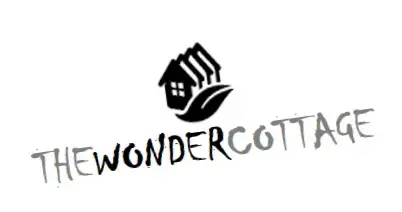
Obstructive sleep apnea is a relatively common type of sleep disorder that can potentially affect people of all different ages. While there are a number of variations when it comes to sleep apnea, the most common kind is obstructive sleep apnea disorder.
The disorder causes you to stop breathing sporadically. It occurs when your throat muscles relax too much when you are sleeping and they collapse, essentially cutting off the oxygen supply. The deficiency of oxygen in your body tells your brain to send signals for the blocked airway muscles to stiffen up, waking you up intermittently through the night and leading to disrupted sleep.
While an emergency dentist in Brisbane may be able to assess and assist with your sleep apnea, there are a few things you can do to battle the disorder.
5 TIPS FOR BATTLING SLEEP APNEA
Avoid sleeping on your back
If you suffer from sleep apnea, gravity is not your friend. If your airways are prone to blockages, they are more likely to collapse when you sleep on your back. Instead, sleep on your side if you are struggling to sleep.
Cut the weight
Obesity isn’t just directly related to this disorder, it’s the main contributing factor. Typically, losing ten percent of body weight can potentially improve your condition by thirty percent. But, it works the other way, too, so if you gain 10 percent of body weight, you’ll worsen the condition by thirty percent. It is important to maintain a healthy lifestyle if you want to improve your quality of sleep.
Ditch the Alcohol
Alcohol tends to make sleeping disorders worse, and that goes for obstructive sleep apnea disorder. Stay away from alcohol if you are having trouble with this disorder. What’s more, pain medications, anti-anxiety medications and narcotics can also cause serious side effects and disturb your sleep patterns.
Take Note of Drowsiness
Since sleep apnea severely affects the quality of your sleep, it can result in significant daytime drowsiness. If you do suffer from this sleep disorder, you’re likely to feel tired no matter how many hours of sleep you get. That’s why it is important to seek help before you injure yourself or anyone else. Sleep deprivation results in drowsy driving and can result in serious harm.
It might help to ask your family members about your sleep behaviours. Some of the most common sleep behaviours that are signs of sleep apnea include gasping, chocking, temporary arousal from sleep and chronic snoring.
Sign Up for a Sleep Study
Finally, experts recommend signing up for a sleep study so as to accurately diagnose your condition.
Sleep apnea treatments may include a certain kind of ventilation therapy called continuous positive airway pressure. During the treatment, you will wear a special mask that will apply pressure to your airways to prevent them from collapsing.
If you suffer from a sleep disorder, be sure to consult a professional as soon as possible.


Thanks for sharing these tips! It’s definitely not easy overcoming sleep apnea and your advice to get the sleep study done is totally correct. One of the things I see in my practice is that families have a difficult time figuring out how to get life insurance if they’ve been diagnosed with OSA/CSA. It’s not easy, but if you are compliant and can show the insurance carrier that you use your CPAP consistently and can show AHI/RDI readings you’ll have a much easier time.
Again I really appreciate your post on sleep apnea. 18 million of us suffer from this in the US alone and over 1 billion worldwide!
I’m glad to know this post helped
Hi Wendy,
Circling back on the Sleep Apnea issue here. There are so many online resources to help families/consumers figure out how to sleep better. One thing I recommend is that your readers find the national sleep apnea association in their home country. They are full of excellent referral information. Also, GO SEE A DOCTOR! Snoring, especially for young, fit individuals is not normal. Tell your primary care doctor and get a sleep study! You’ll be glad you did!